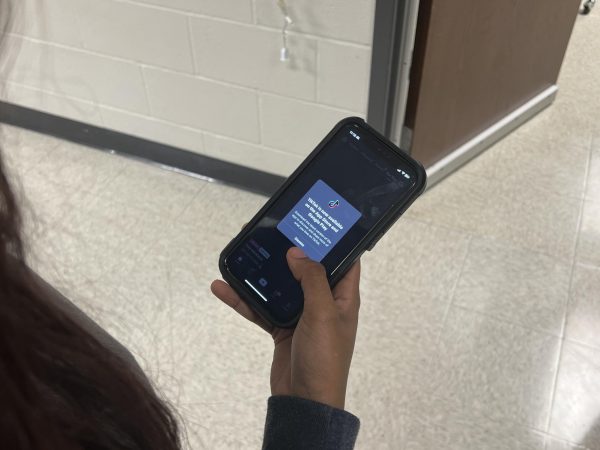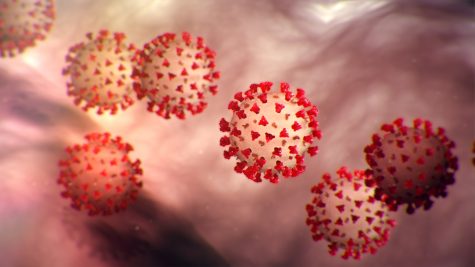Measles Outbreak Spurs On Vaccine Debate
Many of us remember those dreaded days as young children, when, in the midst of the back-to-school rush, our mothers would herd us to the doctor or take us to stand in line at a clinic. All of this fanfare in order to get a shot, so we could go through registration and not pose a threat to the other students at school. I remember being surrounded by needles, the smell of rubbing alcohol and crying children. My only reward for this trying ordeal was a colorful Band-Aid and a pat on the head because I acted like a “big girl” and didn’t shed a tear.
However, a few parents recently have become hesitant in getting their children these needed shots. Vaccinations are a weakened strain of a virus that allows your body’s white blood cells to fight and overcome the foreign pathogen. That way, if you come across the virus again, even in full force, your immune system will recognize it and be able to successfully prevent you from getting sick. Though this sounds like a good thing, many parents are taking a stand against vaccinations.
The anti-vaccine movement is once again in the news after a recent measles outbreak. Reportedly, the virus came from a foreigner who went to Disneyland. However, the movement has some valid reasons. Though the fact that the ingredients in vaccines are questionable and pharmaceutical companies shouldn’t be trusted to have our best interests in mind are good ones, the most important reason is the serious and even fatal side effects of the chemicals.
Earlier this week, Senator Rand Paul, who is a former medical and surgical eye specialist, said he has heard of vaccines leading to irreversible mental disorders. He is arguing against the government that parents should be allowed to choose if their children get vaccinated or not. This became a topic after President Obama urged parents to vaccinate their children because of the measles outbreak. Despite Paul clarifying his statement later by saying he did not “allege causation,” the age-old relation between vaccines and mental disorders was implied.
I’m up to date on all of my shots except the one for meningitis, which I do plan to get before I head off to college. However, even as someone who has never been a parent, I would do some serious research before I made the decision to vaccinate. Parents should have a choice, but they have to realize that their decision doesn’t just affect their child’s health, but that of many others. Just like back in elementary school, when getting vaccinated was part of the school registration process, community immunity is very important.
There are children and adults who cannot be vaccinated because of age or health issues. Now, they are less likely to be exposed to the virus if those who are able to, get vaccinated. If an outbreak occurs because others are refusing vaccinations, they are in danger of getting sick. For example, the most recent measles case is a 1-year old child who was too young to be vaccinated. Sadly, there is a possibility that the child will not be able to fight off this virus.
So, parents need to consider the effects it may have on the community if they refuse to vaccinate their child. Some pediatricians are even refusing to see these children if they are not vaccinated. While this may be going too far, their frustration is understandable because they have to protect their other patients. Studies show that the possible health risks for vaccines are low, and if the pros and cons are weighed, then the amount of lives that are saved far exceeds those lost.
Also, though these preventable-viruses seem to have been eradicated completely, eliminating the need for vaccines, that is not the case as can be seen with this recent measles outbreak. The last large outbreak occurred 20 years ago, and the only reason it has become a problem now is because most of those affected were not vaccinated.
Tourism is not something we can control when people from countries, where immunity is not a priority, visit. However, we can control our community’s susceptibility to contagious viruses. Ultimately, it is the parents’ decision, and it is okay to be concerned enough to do serious research. However, I would vaccinate my child if had one.










